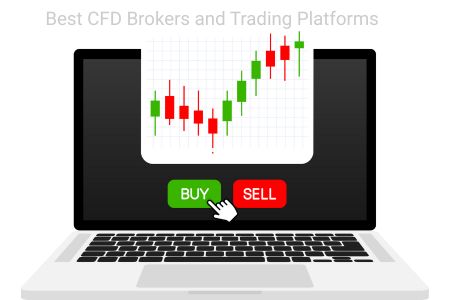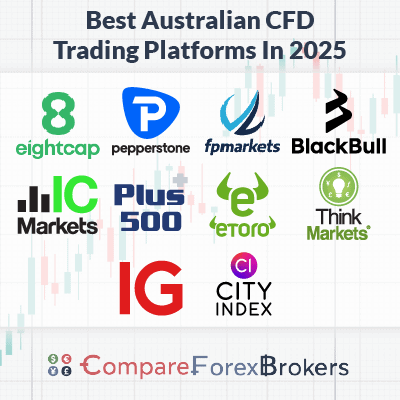
Best CFD Book for Beginners
When stepping into the world of trading, understanding Contracts for Difference (CFD) is crucial for any aspiring trader. Whether you’re looking to diversify your portfolio or venture into a new asset class, the right educational resources can make a significant difference. To help you get started, we’ll explore some of the best CFD books for beginners that will guide you through the fundamental concepts, strategies, and risk management practices necessary for successful trading. For more information on trading and resources, visit best cfd book for beginners bestbrokercfd.com.
What is CFD Trading?
CFD trading involves the exchange of contracts based on the price movement of underlying assets, such as stocks, commodities, or indices, without actually owning the asset. This type of trading allows investors to speculate on price movements and potentially profit from rising or falling markets. Understanding CFDs is essential for making informed trading decisions and mitigating risks.
Why a Good Book is Essential
Books provide structured knowledge that can be invaluable for beginners. A well-written book on CFD trading not only introduces core concepts but also enhances your understanding of market behavior, technical analysis, and trading strategies. Furthermore, the best books often include real-world examples and case studies that illustrate complex concepts in a digestible manner.
Top Recommendations for Beginners
1. “CFD Trading: The Definitive Guide to Trading Contracts for Difference” by David Jones
This book is tailored for beginners and covers everything from what CFDs are, the mechanics of trading them, to risk management strategies. Jones, an experienced trader, shares practical insights and various trading techniques that can benefit beginners and seasoned traders alike.
2. “The Complete Guide to CFDs” by John Doe
With this guide, John Doe breaks down CFD trading into easy-to-understand chapters. What sets this book apart is its focus on analytical tools and resources, making it a practical handbook for beginners who want to develop their trading skills systematically.

3. “Trading CFDs: A Beginner’s Guide” by Sarah Wells
Sarah Wells provides a comprehensive introduction to CFD trading, emphasizing risk management and strategic planning. Her book contains numerous examples of trades and offers insights into overcoming common pitfalls faced by beginners.
4. “CFD Trading Made Simple” by Mark Deaton
In an accessible format, Deaton explains the fundamentals of CFD trading without overwhelming jargon. This book is ideal for novices seeking straightforward explanations and actionable advice to get started in the CFD market.
What to Look for in a Good CFD Book
When choosing a CFD book, consider the following factors:
- Clarity: The content should be easy to comprehend, especially if you are a newcomer to trading.
- Comprehensive Coverage: The book should cover all essential topics—trading strategies, risk management, market analysis, and trading psychology.
- Practical Examples: Real-world scenarios and examples help cement understanding.
- Author’s Credibility: Look for books written by authors with reputable backgrounds in trading and finance.
Enhancing Your Learning Experience
Alongside reading books, consider supplementing your learning with online resources, webinars, and trading simulations. Practical experience is vital in honing your skills, aiding in comprehension, and building confidence. Websites like bestbrokercfd.com offer various resources and insights that could further enhance your understanding of CFD trading.
Final Thoughts
Investing time in learning about CFD trading through the best CFD books for beginners is a worthwhile endeavor that can lay a solid foundation for your trading journey. Remember to combine reading with practical experience and continuously seek out new information and techniques. The financial markets are dynamic and ever-changing; staying informed and educated is key to achieving your trading goals.
By utilizing the right educational resources, you’ll be better equipped to navigate the complexities of the CFD market, develop effective trading strategies, and manage risks effectively.
